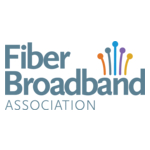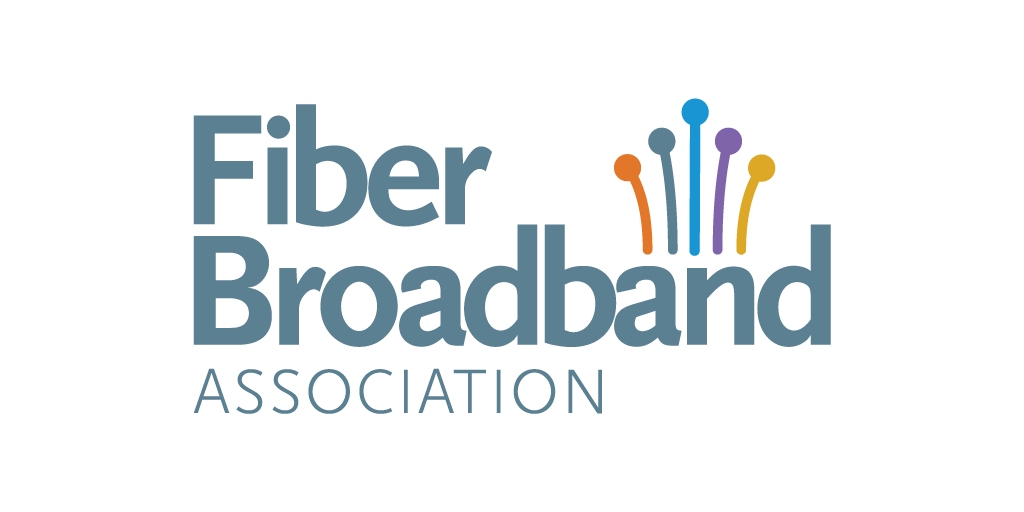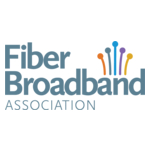KUALA LUMPUR, Malaysia–(BUSINESS WIRE)–#Broadband–Hosted in Kuala Lumpur, Malaysia, by the Fiber Network Council APAC, who holds this year’s presidency of the FTTH Councils Global Alliance (FCGA), the summit brought together over 25 senior leaders from the six regional councils forming the platform for two days of networking and discussions over the differences and commonalities of fibre deployment and adoption at international level. The event has been an opportunity for the FTTH Councils Global Alliance to regroup on their shared objectives and common activities, and for fibre stakeholders across the globe to exchange and learn from the successful experiences of their peers, with an outlook at the challenges and priorities ahead for each region.
The fiber deployment trend in the Asia-Pacific region is accelerating, with the “FTTH/B Panorama 2023 APAC” released by Fiber Network Council APAC report showing a 7.1% increase in subscribers to 645 million and a 7.9% rise in homes passed to 815 million by June 2023. Over the last decade, subscribers have grown 6.3 times, and homes passed have increased 2.6 times. However, this rapid expansion has led to a decline in the take-up rate in some markets. The report classifies the region into three tiers: mature markets with over 80% coverage (China, Japan, South Korea), medium markets with 30-80% coverage (Australia, Indonesia), and high-potential markets with less than 30% coverage but strong growth, particularly in India, which saw 153% subscriber growth since December 2021.
The FTTH Council Europe‘s “European FTTH/B Market Panorama 2024” shows a positive trend in FTTH deployments in Europe, with 69,9% coverage in the EU39 area in September 2023. Despite this, only 34,7% of homes are effectively connected, with significant hurdles in key markets like Germany, UK, Italy, Greece, Belgium, and Austria, resulting in a take-up rate of just 50%. Implementing the Gigabit Infrastructure Act will be crucial for expanding fibre networks and reach maximum coverage, alongside effective demand-side measures and a clear plan for copper switch-off to stimulate the adoption of fibre-based service, pre-requisite to drive the required private investments.
The Fiber Broadband Association’s “The State of The North American Fiber Industry”, December 2023 shows that the region had record fiber deployment with 9 million homes passed during the year. The United States ended the year with 77,9 million homes passed and 30,9 million homes passed with fiber. Fiber “take-rates” are averaging 45,4% based on unique home passings. In Canada, fiber has now been deployed passed 12,1 million homes with 44,6% “take-rates” against unique fiber home passings. The U.S. is in the early stages of the largest fiber investment cycle in history, as the Administration works to connect every home by the end of the decade.
The FTTH Panorama LATAM 2023 report, by the Fibre Broadband Association – LATAM Chapter, highlights that Latin America, and the Caribbean had 56,7 million fixed broadband FTTH accesses by the end of 2022. The growth of FTTH technology is expected to replace other fixed broadband technologies in the region, which currently serves 54 million households. Countries with low FTTH penetration, such as Argentina, Colombia, Peru, Bolivia, Paraguay, Panama, and Puerto Rico, present significant opportunities for market development. With 68.7 million underserved households, the region has substantial growth potential, especially when compared to Europe’s 70% coverage and 35% penetration. Fiber optics are seen as the key driver for this expansion.
Fiber Connect Council MENA emphasized the critical role data centers will play in driving the AI revolution and enabling widespread 5G deployment across the region. The Middle East is poised for significant growth, with its data center market valued at USD 5,57 billion in 2023 and projected to soar to USD 9,61 billion by 2029, reflecting a robust CAGR of 9,52%. As the backbone of digital transformation, these investments will be pivotal in shaping the future of technology and connectivity in the region.
Digital Council Africa reiterated that the continent has seen an unparalleled digital metamorphosis, catalyzed by the far-reaching effects of the global COVID-19 pandemic. This transformative wave has reshaped the SSA landscape through the rapid expansion of connectivity, the widespread adoption of mobile technologies, and the surge in internet usage. SSA’s youthful population stands as a compelling attraction when compared to regions with predominantly older demographics. Nonetheless, maneuvering through the intricate SSA terrain can be a formidable undertaking and better policy environments will attract further investment.
The summit also saw the official launch of the FTTH Councils Global Alliance website, a new digital platform that fosters the efforts made by the six organisations forming the alliance to make fibre happen worldwide. The website regroups the latest news, main events, publications and reports for each regional country, and provides a direct link to further explore their work and connect with their member companies. Visit the website at this link: www.ftthglobalalliance.org.
More about the FCGA
The FTTH Council Global Alliance (FCGA) is the platform for cooperation of the six regional FTTH Councils: the FTTH Council Europe, the Fibre Broadband Association, the Fibre Broadband Association – LATAM chapter, the Fiber Network Council APAC, the Digital Council Africa and the Fibre Connect Council MENA.
The FCGA offers these powerful, independent organisations unique opportunities to adapt their activities to local market and technology developments and share findings and best practices. Each council is promoting adoption of FTTH in its own region, while the FCGA facilitates global cooperation among these councils by exchanging studies, information, and market developments.
Contacts
Michele Nardi
Marketing & Communications Manager
FTTH Council Europe
michele.nardi@ftthcouncil.eu
Tel: +32 471 83 40 55







